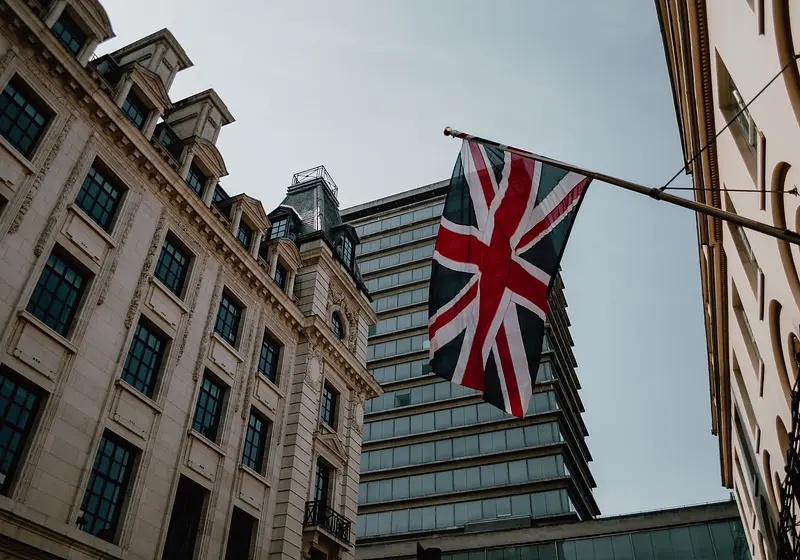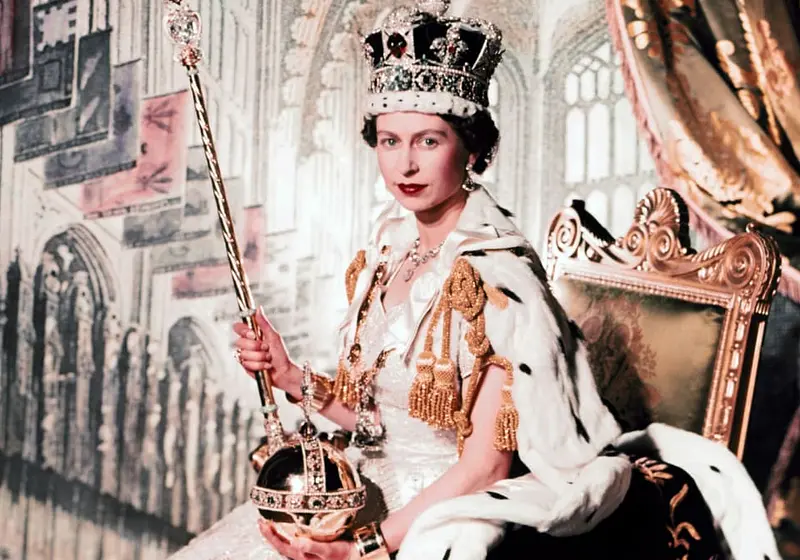Britain's Prime Minister and governmental crisis is no miniscule event for British nationals and the onlookers of the world. Government official after government official, the British government continues to replace itself from within. This governmental crisis is newly highlighted by the recent appointment of Rishi Sunak as British PM.
Political scandals, resignations, and economic grievances are all components of Britain's Prime Minister crisis. Rapid changes in top leadership, from an indirect transition from Boris Johnson to Rishi Sunak, to the sacking of Kwasi Kwarteng, this article will elaborate on the events and current status of the crisis.
Let us slide into your dms 🥰
Get notified of top trending articles like this one every week! (we won't spam you)Crisis Origins
Britain's PM crisis commenced with the resignation of former British PM Boris Johnson. Boris Johnson's resignation is owed to many factors, of these many factors, one that is greatly attributed to his resignation was Partygate. Partygate, put simply, was a scandal in which Boris Johnson and Conservative Party members and staffers had been pictured violating COVID lockdown rules.
This, coupled with declining economic conditions owing to inflation, led to a backlash from the public. Resignations from members of his cabinet soon forced his hand and led to his resignation after he was unable to efficiently govern, lacking support from the people and from his Conservative-led government.
Along with being remembered for this and many other scandals, Boris Johnson is also known for having spearheaded the United Kingdom's exit from the European Union and having significantly grown the British Conservative Party's parliamentary majority. After his resignation, the Conservative Party necessitated the arrangement of a leadership election, leading to Liz Truss being elected the new (and now former) Prime Minister, where the crisis commenced.
Take the Quiz: Which Indian city is the perfect holiday spot for you!?
Let's match you with an Indian city that you would love!
The Queen's Death
The sudden and unexpected death of Queen Elizabeth II instantaneously halted the assumption of duties for Prime Minister Liz Truss. Liz Truss had met with the Queen merely two days prior to take her appointment as Prime Minister as successor to Boris Johnson. The death of the Queen forced the British Parliament, and the entire British government, into temporary closure as part of Operation London Bridge.
Operation London Bridge had been a plan-of-action assembled long ago for the eventual passing of the Queen. Instead of being able to immediately act on fixing the problems her predecessor had left behind, she had been tasked with speaking about the Queen's lamented death. This had led to her plans being temporarily impeded, which were plans that would not see the greatest of effects.
Liz Truss's Quick Fall From Power and Replacement
Following the end of the mourning period designated for Queen Elizabeth II, Liz Truss stood idle to the actions taken by the Chancellor of the Exchequer, Kwasi Kwarteng. The Chancellor of the Exchequer is essentially charged with the government's financial and tax-related decisions, and thus holds great power over fixing problems within the British economy. Kwarteng had put forth a mini-budget, essentially rearranging fiscal policy, that would cut taxes for the rich and cancel additional taxes on corporations.
However, the purpose of the mini-budget to stimulate economic growth and stabilization had absolutely flopped. Financial markets commenced to struggle as inflation, mortgage costs, and energy bills squeezed the average British person's own budget. These effects resulted in the intervention of the Bank of England, which was necessary as government bonds slumped.
With Kwarteng failing at his post by lacking to raise revenue and support government spending, change was needed. This was quickly realized, and Liz Truss had no choice but to fire Kwarteng. Kwarteng's policies were immediately reversed by his successor, Jeremy Hunt, who did so while heavily criticizing the economic policies of Liz Truss on television.
Soon after, having made bad decisions in hiring cabinet officials and her lacking attention to the British public, Liz Truss formalized her long-awaited resignation on October 25, 2022. Prior to her leaving the post, the Conservative Party once again held another leadership election to immediately replace her. The leadership election also brought great attention, being marked by a possible return of former PM Boris Johnson to the Prime Minister role.
However, Boris Johnson eventually withdrew from the leadership election, lacking unified support from his party. This led to the rise of the new and current Prime Minister, Rishi Sunak, after being elected with unified support by his party to the role.
Rishi Sunak's Ascension To Prime Minister Role
Rishi Sunak, after having previously lost to former Prime Minister Liz Truss in the Conservative Leadership Election, was finally able to claim the spot. This had happened after all other contenders dropped out or withdrew in another leadership election after Liz Truss's resignation. Rishi Sunak inherited, in short, a nation in mass crisis.
Britain continued to show soaring energy prices, signs of possible recession, and high inflation. Rishi Sunak had said that mistakes had been made with the handling of the British economy, referring to Liz Truss's policies and hirings, and that he had plans to fix such mistakes. He had promised to support the growth and stabilization of the British economy, and progressively fix the sinking economy.
However, the promises he had made were followed by efforts that had been extremely lackluster. Border Force staff, Royal Mail workers, and British national highway workers highlighted the issue with Sunak's governance. They had resorted to striking and stopping key services to demand better pay, to offset the effects of higher cost-of-living owed to inflation and government inaction.
The demands of the striking groups have not been met, and the strikes continue to press on. Rishi Sunak continues to remain irresponsive to British workers and continues pushing for anti-worker economic policies like those of Kwasi Kwarteng coupled with anti-union legislation.
The United Kingdom's wealth gap continues to widen and corporations continue to make excessive and unfair profits at the cost of more financial burden on average Britons. If policies continue to be implemented as is, then there will be no fixing or reparation of the economy under Rishi Sunak, but continued worsening.














